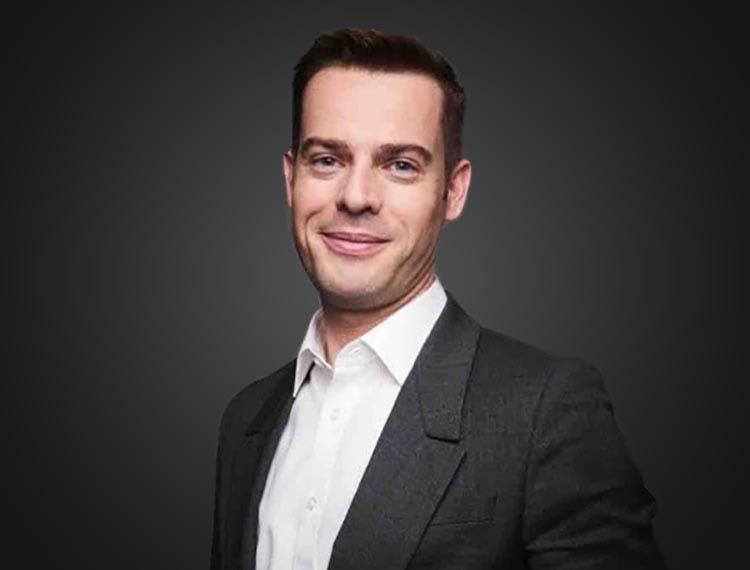Beyond Skills: Taking stock of our nation’s capability gaps

For years, Avado has felt that the conversation around the UK skills gap isn’t progressing as fast as it needs to.
Despite the best of intentions, a lack of understanding around what skills are required has led to inertia and inaction.
Part of this is because employers haven’t taken the time to assess their business needs, and many have instead resorted to recruitment to fill skills gaps.
On the other hand, those closest to the problem – employers – haven’t been consulted by government bodies trying to repair the gap.
Evidently, some changes need addressing, and quite quickly.
The events of 2020 undeniably compounded the problem.
As a result, we decided to commission independent research into the state of the skills gap across multiple industries. We chose to focus on the attitudes of learning and development leads in comparison to senior executives.
What we found in our report, “Beyond Skills“, is that the skills gap is now so wide, it has become a capability chasm. We see a capability as a deep-rooted knowledge or an ability to do something that is not isolated and flows between different skills. Both individuals and businesses have capabilities.
The neglect of learning and development by many organisations means that what was once the lack of a particular skill has broadened into a more serious lack of capabilities.
This should matter to both businesses and individuals.
Our research found that 71% of businesses that had invested in learning and development pre-2020 continued to see growth through the pandemic. On the other hand, 61% of organisations that admitted their strategy had not been fit for purpose or that they had no strategy pre-2020 saw a decline in the same year.
Meanwhile, business leaders feared for the welfare of their staff: 61% reported concerns about the impact of the capability chasm on mental health in their organisation, which rose to 65% amongst HR respondents. Large numbers also reported worries about productivity levels and future redundancies arising from the capability chasm.
What can business leaders do to tackle this gap?
It was clear from our research that many HR leaders felt they had struggled to get strategies for learning and development approved, especially in the public sector, whilst others found that employee participation was a problem.
As a country, we need a mindset shift to make individuals and businesses aware of how much value proper training can offer to our economy and our lives.
The government has taken some valuable steps towards raising training on the agenda. However, these schemes rarely take into account the capability gaps businesses have, or the obstacles that prevent courses from getting off the ground.
Lack of time main barrier to implementing training
For example, lack of time was identified as a major barrier to implementing training. It’s understandable that between busy day-to-day roles and personal lives, individuals are not able to fit in extra hours for upskilling.
Therefore, it is up to businesses to make time, bearing in mind the long-term gains in terms of productivity and growth. In terms of the key capability gaps, being “customer-centric” and “innovative” were rated as highly important — if training programmes are not designed with this in mind, then investment and time could go to waste.
The capability chasm can be closed, if we act now
The economy of the future is entirely unpredictable; we never know when the next major technological innovation will arrive, or when the next transformational crisis will strike. All we can do is ensure that businesses move with the times organically rather than being forced into change.
For individuals, the protective mental health benefits and job security of upskilling are a huge boost, which cannot be underestimated by employers in terms of staff retention. We found that more than half of respondents had looked at training outside their current industry and role.
With the right strategy, the capability chasm can be closed — but we need to begin now, before it widens beyond repair.
Mark Creighton, CEO of Avado












Responses